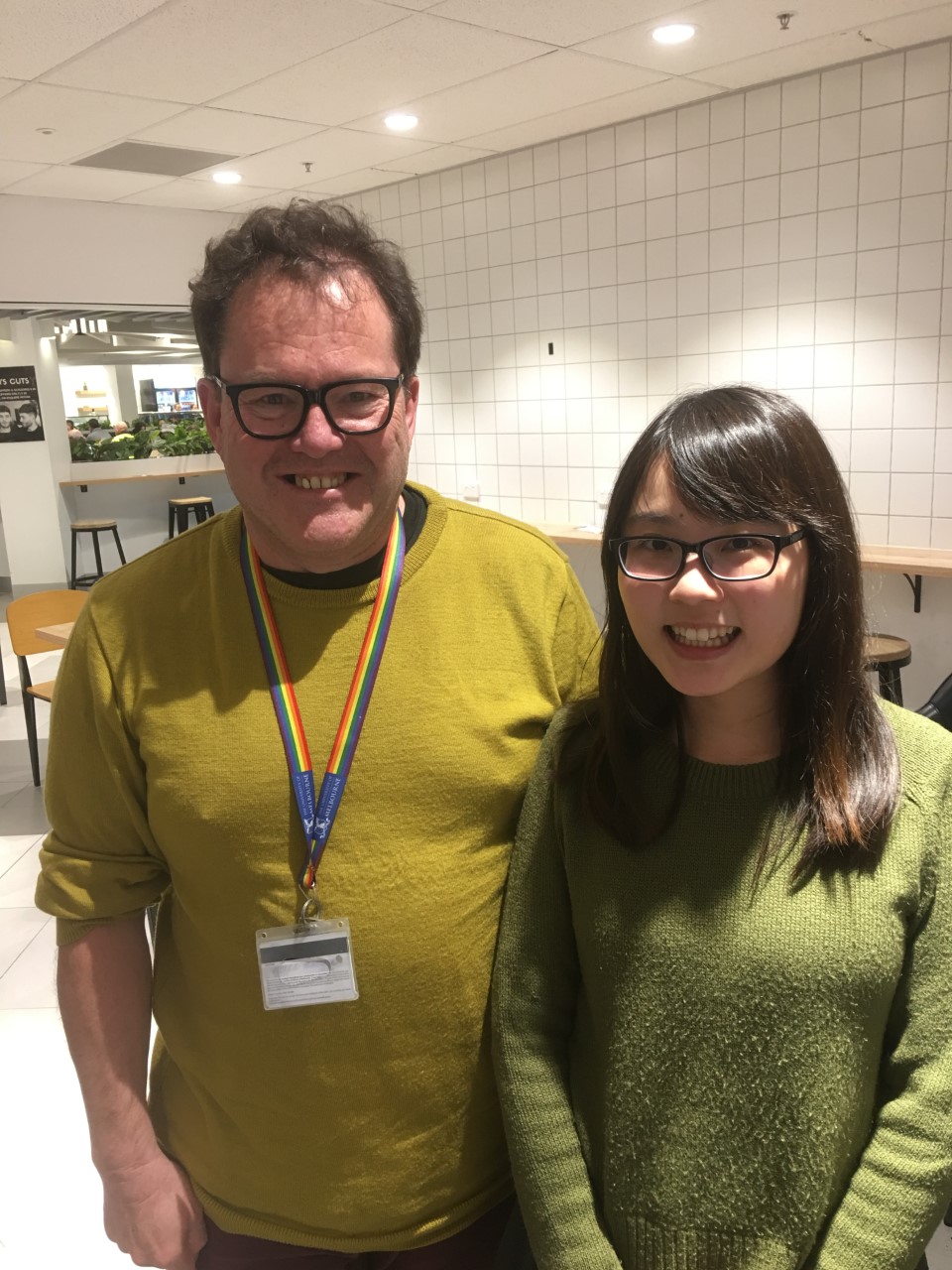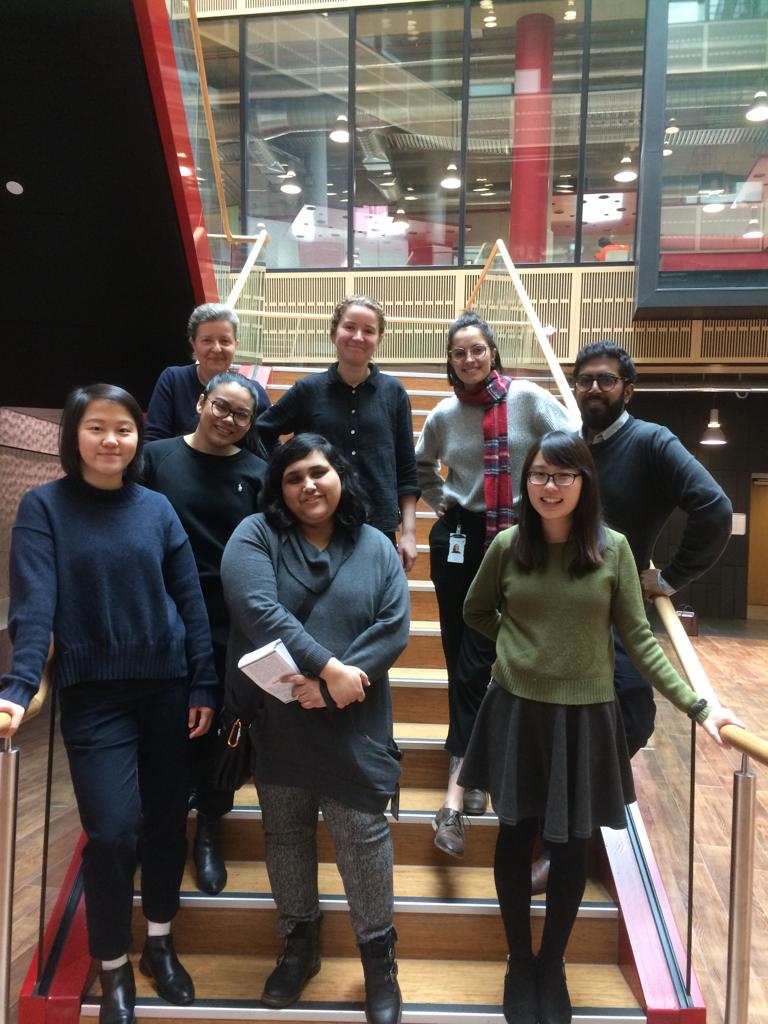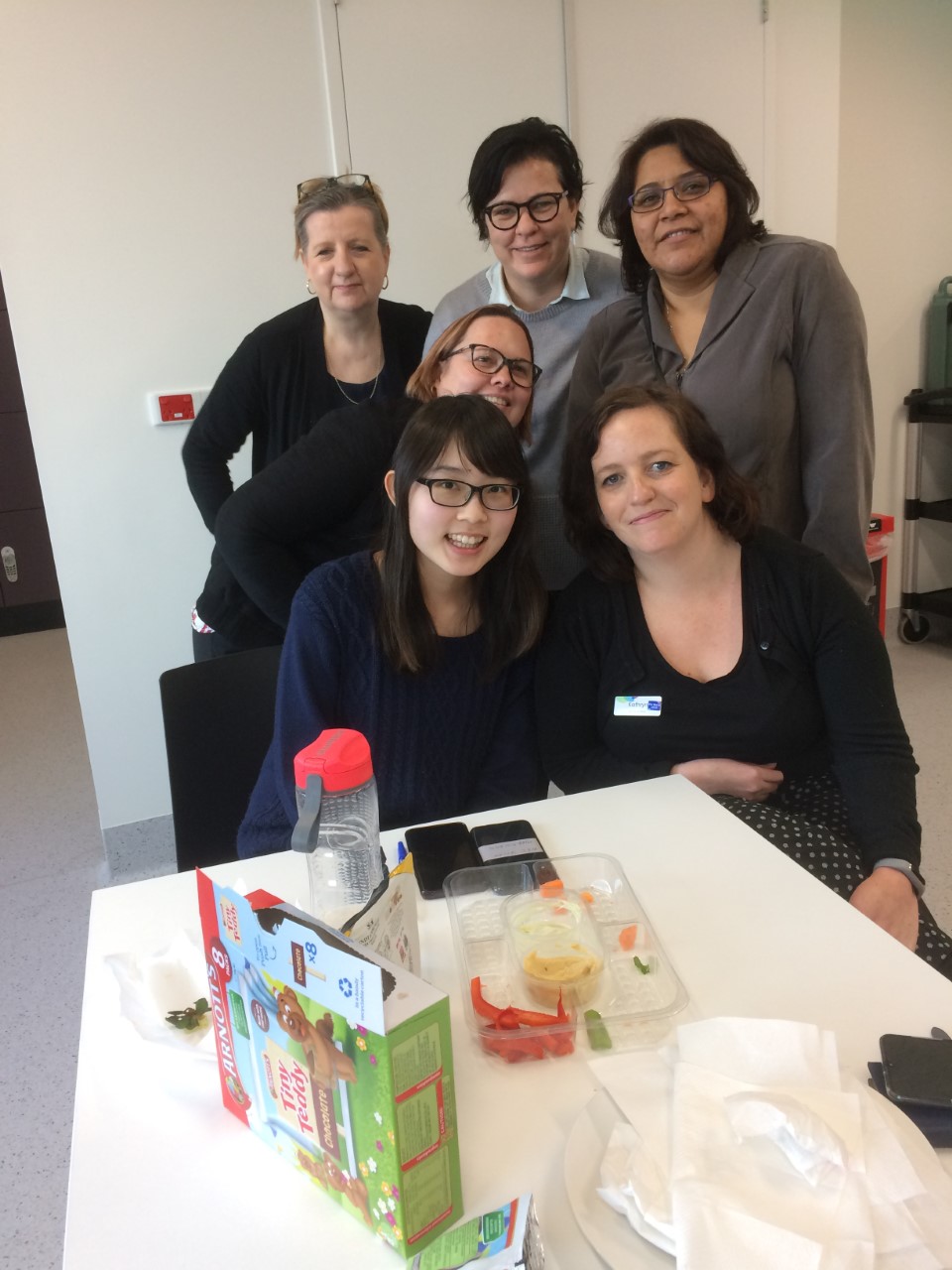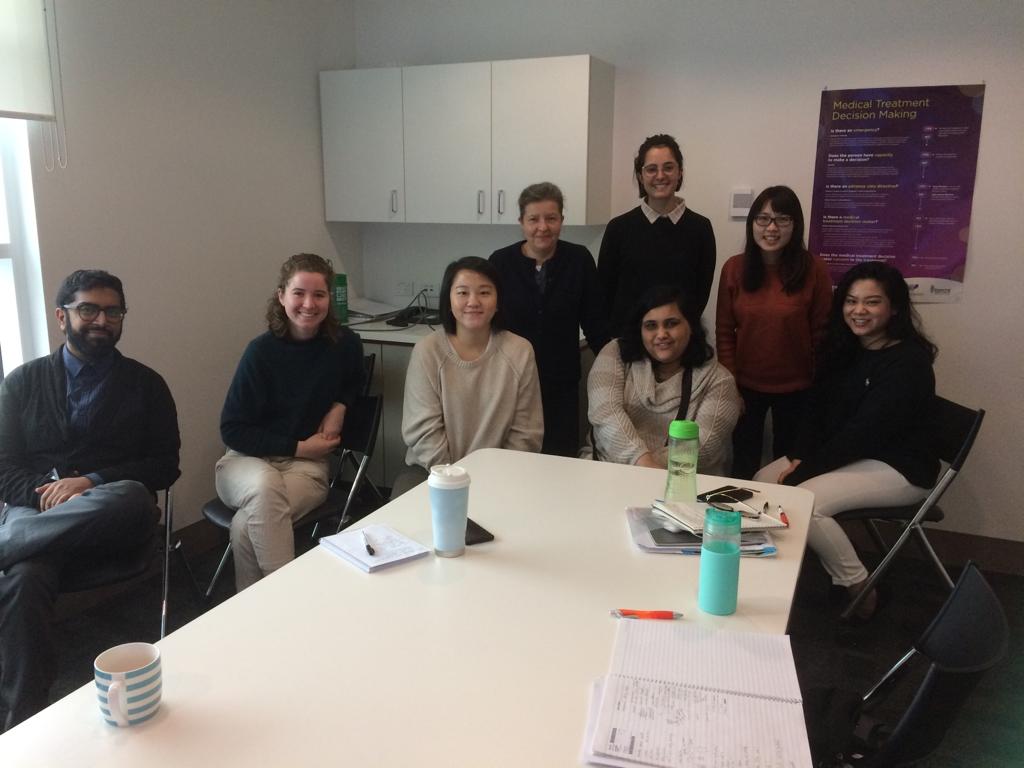Western Health - A fruitful medical placement experience in Australia
Introduction
It was delightful to complete my placement overseas in the medical setting in Australia. Although casework was conducted solely in the hospital, I shadowed more than ten social workers to acquire different approaches of completing assessments and was exposed to a wide range of cases. Meanwhile, I worked with diverse ethnicities among the medical and allied health staff, had contact with multicultural clients, completed assessments and documentations and supervision in English. This English-speaking working environment was unique and worth experiencing. In the following paragraphs, Western Health, my placement agency, will be introduced. This is followed by my sharing on placement exposure in the two job rotations and support from others. Lastly, my reflections on placement experiences will be discussed.
Western Health
Western Health built hospitals in the western region of Melbourne to address the needs of rapid growth, culturally diverse communities and poor self-reported well-being. It is foreseeable that the service targets were underprivileged people; and social work has the vital role of providing them with holistic health care.
Placement exposure
Western Health provided me two job rotation opportunities. They were the General Internal Medicine Unit and the Women’s and Children’s Unit. The distinct nature of the two services gave me great exposure to the teamwork of multidisciplinary staff and their efforts to support clients as a family unit.
- 1st rotation: General Internal Medicine Unit
My greatest learning in this job rotation involved the cooperation between social work and various professions. This unit encounters clients from adults to older people with complex or difficult medical problems. In this unit, every profession is essential to contribution in enhancing clients’ holistic well-being. I attended the multidisciplinary team meetings to observe the liaison between medical and allied health staff and social work’s role in explaining and upholding clients’ interests. Moreover, family meetings were conducted between staff and carers for clarifying family members’ misunderstandings and disputes. I observed different professions alleviating the concerns of family members and working out clients’ care plans together. The above experiences demonstrated the strong collaboration of the team and were fundamental for enhancing clients’ biopsychosocial health and the crucial role social work plays in liaising with the team. The experiences were very valuable.
- 2nd rotation: Women’s and Children’s Unit
In this job rotation, I experienced social workers making the greatest efforts to protect clients by working with family members and organisations and preventing them from being neglected. This unit receives clients from newborn babies to teenagers with complicated issues. There were pregnant mothers with substance abuse problems, premature babies and teenagers who had attempted suicide, among others. It was observed that social workers not only helped the clients themselves but also supported every family member to address their problems and concerns. They also took child protection measures to protect newborn babies and children and aimed to reunite families. Furthermore, to prevent missing referral cases, I accompanied the social worker to find potential clients by joining the handover meeting to review existing cases, and I made appointments to meet pregnant mothers in need in order to provide support in advance. These experiences illustrated the hard work of medical social workers to save families on the edge of a crisis, and their efforts were appreciated.
Support from others
It was common to meet obstacles during placement. CUHK, Western Health, Melbourne University, and international students offered me a helping hand. CUHK provided a valuable opportunity to obtain overseas work experience and supported me when needed. Secondly, Western Health provided educational sessions assisting in continuous learning and clinical supervision for practical experience. Thirdly, Melbourne University provided intergraded seminars and theoretical supervision to help me learn about the policies and the contextual background in Australia. Lastly, the other international students were my back-up support because we shared our concerns and overcame challenges together. Therefore, I was never alone in completing my placement.
Reflection
Social work is a reflective profession for professional development. After completing the placement, I have several reflections as a social worker working in the hospital, in Australia, and about becoming a social worker.
- Medical social work: working with constraints
Being a medical social worker has its constraints. The policies of the hospital push clients towards fast discharges, while clients may not be safe to go home. Therefore, social workers have to protect clients’ interests. The social work role is confined by the context, and it was about learning to fight for the clients and strike a balance between two parties.
- Social work in Australia: engaging with multicultural people
Upholding cultural awareness was an important lesson for engaging with new migrants or refugees in Australia. They were the disadvantaged and had mistrust for the medical system, leading to poorly perceived health conditions. To begin with, it was vital to ask about when they had come to Australia. This normalised their migrant identity, allowed them to see us as empathetic and enabled us to assess their progress in adapting to a new environment and engaging in the community.
- Becoming a social worker: self-care
To become a social worker, I learned the importance of self-care. We focused on supporting clients and sometimes neglected our own needs. Yet, if we did not vent our tension, we would eventually burn out and be unable to support clients. In fact, simply having breakfast and doing exercises is a kind of self-care. Thus, it was essential to love yourself, and self-care was not selfish.
Conclusion
To conclude, Western Health provided hospital services to cope with the needs of perceived poor health within the community. By completing two job rotations in General Internal Medicine Unit and the Women’s and Children’s Unit, I acquired experience working with multidisciplinary professionals and helping clients as a family unit. In fact, I was not worried about overseas placement because of the support I received to overcome difficulties. I also reflected on my role as a medical and Australian social worker to work with constraints and engage with multicultural people. Lastly, self-care was not selfish because it strengthened my capacity to become a social worker in a sustainable way and to help clients.
I hope that every student takes good care of himself or herself during placement and makes progress by learning through self-reflection.
|
|
|

Principal supervisor from Melbourne University

Working team in General internal medicine unit

Students attending presentation

Working team in Women’s and children’s unit
 Students attending educational session Students attending educational session
|











 Students attending educational session
Students attending educational session